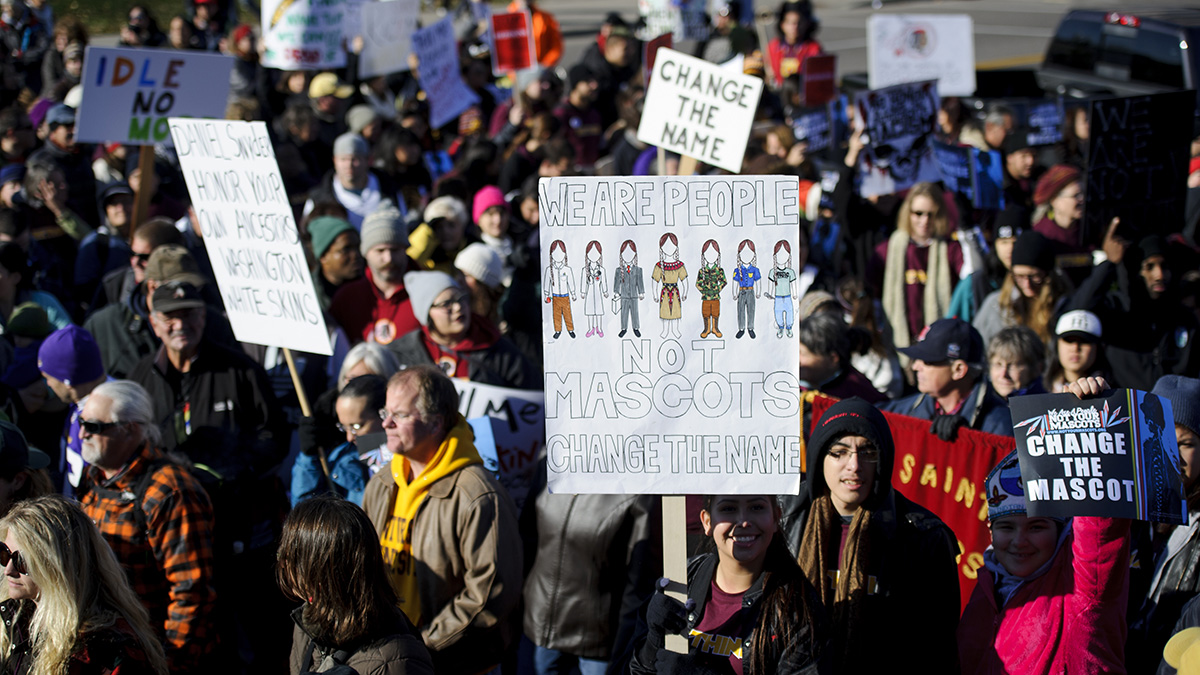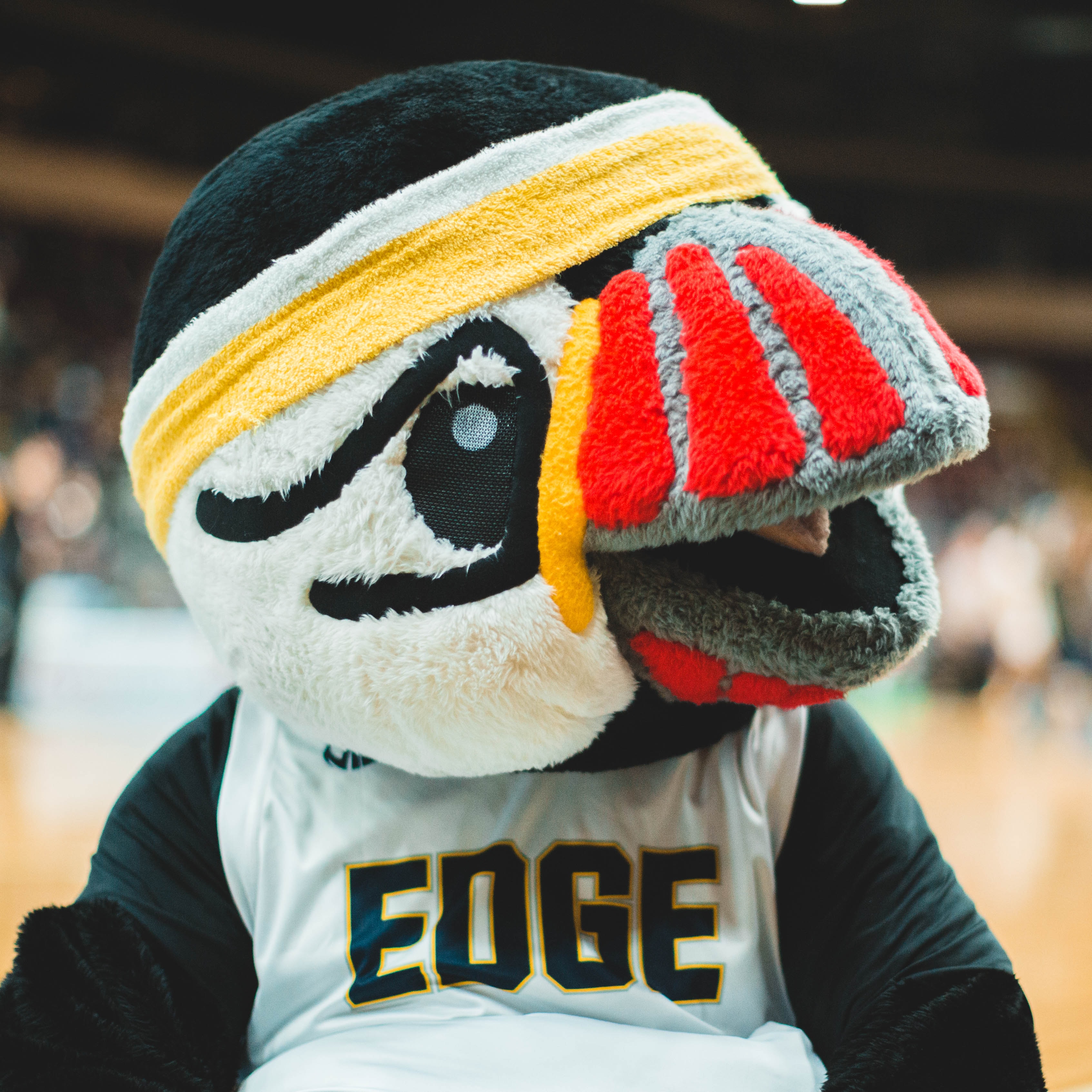
New Poll Offers Hope For An End To Native American Mascots
May 21, 2021
For decades, Native American groups and other organizations have been outspoken in their criticism of Indigenous people and culture being objectified as mascots. Crystal Echo Hawk, founder and executive director of IllumiNative, which fights negative stereotypes of Indigenous peoples, has hope that the use of Native Americans as mascots for sports teams will end after results were released from a new Nielsen survey. This is largely attributed to the fact that a growing number of younger Americans feel that it is wrong, representative of racist and offensive slurs.
The idea of Native people as mascots or dressing up like a Native person is something that goes back to the founding of the United States and colonialism, according to Adrienne Keene, a citizen of the Cherokee Nation and faculty member at Brown University’s American Studies and Ethnic Studies department. Baseball’s Boston Braves adopted their name in 1912, with The Cleveland Indians naming theirs in 1915. Starting in the 1920s and 1930s, high schools and colleges across the US followed suit. According to Mascot DB, more than 2,000 US high schools use Native American imagery.
There are many professional teams that include Indigenous affiliations such as MLB's Cleveland Indians and Atlanta Braves, NFL's Kansas City chiefs and NHL's Chicago Blackhawks. Over the past few years various high school, college and professional teams have either ended outright or issued some type of partial ban of the use of these mascots. The Cleveland Indians dropped its Chief Wahoo logo, the grinning, red-faced caricature used since 1947, from their uniforms in 2018 after decades of complaints that it was racist. One of the most notable and historic changes was the NFL's Washington Redskins who changed its name to the Washington Football Team in 2020 after having had the Redskins name since 1933.
"Conditions are finally changing," Echo Hawk told USA Today Sports. "We’ve already started to see major shifts in the way Native Americans are seen. These findings show that young people already understand the harm that’s caused by these mascots. We believe that much of the support for mascots stems from miseducation and ignorance. Americans have been misled about the true harm these mascots cause Native people, particularly Native youth. Through more education and a positive, accurate representation of Native people, we’re confident the support to end the use of these mascots will grow. We will see the end of Native mascots, it’s not a matter of if, but when."

According to the survey results, 46 per cent of respondents supported the removal of racist mascots, and 45 per cent felt the mascots were harmful to Native people. Roughly two-thirds of MLB and NFL fans and 58 percent of NBA fans agreed the appropriation was harmful. Younger respondents also did not buy in to decades-long defenses that Native mascots are meant to 'honor' Indigenous people. Activists and research instead have been saying that the 'dangerous caricatures' cause 'immense psychological damage'.
“Sports fans want more from the teams they love—beyond watching their favorite teams play their best, fans want their teams to represent their values. The racial reckoning in the US has created a greater awareness, and sports fans expect their favorite teams to stand up for underrepresented communities and take a stand against cultural appropriation of Native Americans,” said Nielsen Sports Managing Director Jon Stainer.
Sources: USA Today Sports & The Hill